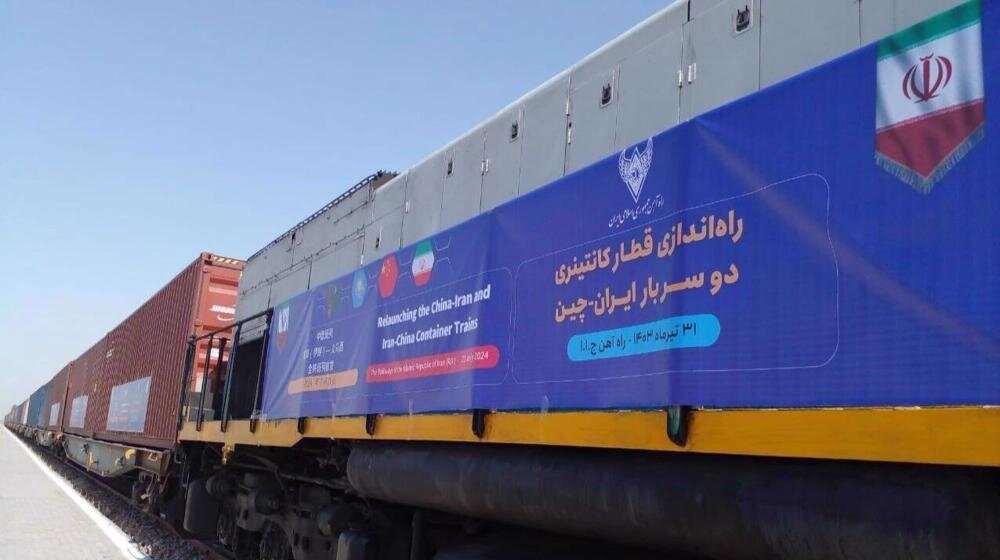
Similar Posts
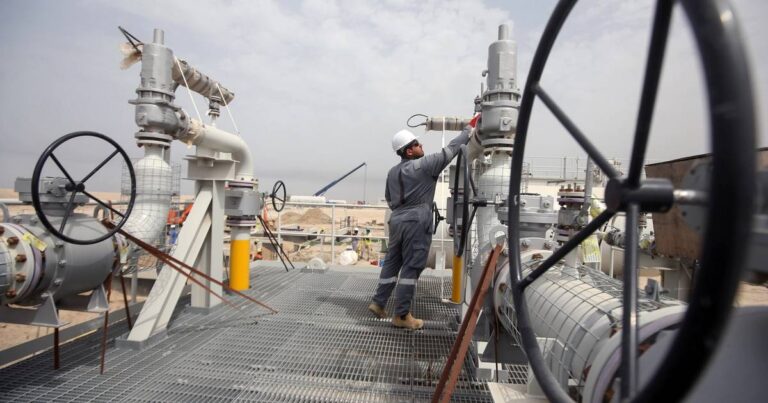
US Joins Baghdad Talks to Curb Iranian Oil Exports: A Strategic Move
A crucial meeting in Baghdad on Thursday will address the resumption of Kurdish oil exports to Turkey, with a US diplomat present, underscoring America’s efforts to boost global oil supply while limiting Iranian exports. The US aims to restart the Kurdish oil pipeline, seen as essential for countering Iran’s influence. Reports indicate that the Trump administration is pressuring Iraq to facilitate these exports, which could alleviate rising global oil prices impacted by geopolitical tensions. Meanwhile, Iran and Iraq are enhancing energy cooperation, complicating the regional oil landscape further. The outcome of the meeting will have significant implications for both local economies and global oil markets.
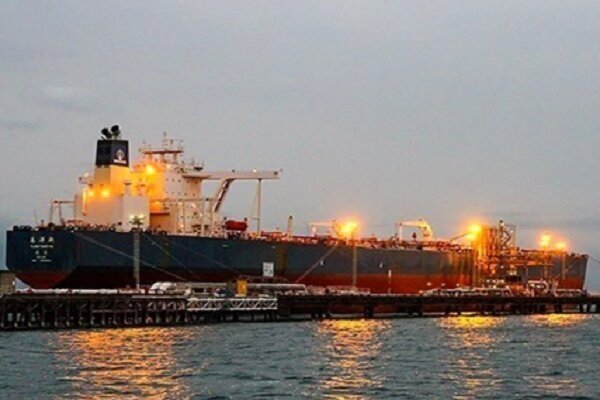
Sanctions Struggle: China’s Iran Oil Trade Thrives Despite Restrictions
U.S. sanctions on Iranian oil exports to China are increasingly disrupting the flow of crude oil, affecting global oil markets. Reports highlight significant shipment disruptions due to seller defaults and logistical challenges faced by Chinese refineries, the main buyers of Iranian oil. Sanctions target not just tankers but also their owners and brokers, with over two-thirds of vessels linked to Iranian shipments now blacklisted. China maintains its right to trade with Iran, but U.S. financial systems create compliance pressures. As Iranian oil exports face mounting challenges, both nations may need to adapt strategies, impacting global oil supply and pricing dynamics.
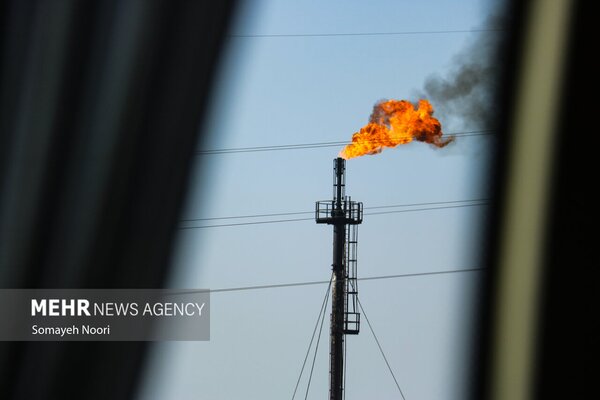
Russians and Iranians Team Up to Boost Oil Field Development: A Strategic Energy Alliance
Iran is actively pursuing energy diplomacy to enhance its global market position, as emphasized by Paknejad’s statement on seizing international engagement opportunities. Recent discussions included meetings with the OPEC Secretary-General, showcasing Iran’s commitment to mutual assistance within the organization. Paknejad also highlighted ongoing oil development projects with Russia while maintaining confidentiality about potential collaborations with other nations. Furthermore, Iran aims to capitalize on opportunities from increased tariffs on Canadian imports. Overall, Iran’s strategy involves fostering international relations and cooperation to secure its interests and strengthen its role in the interconnected global energy landscape.
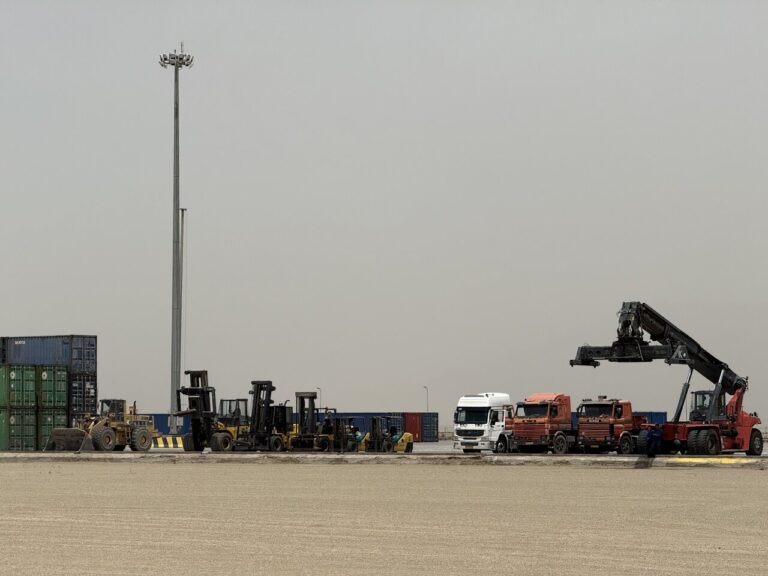
Massive 50 Trillion IRR Investment Set to Transform Tehran-Aprin Rail Dry Port
The Tehran-Aprin Rail Dry Port in Iran is set to receive an initial investment of 50 trillion IRR to enhance rail logistics and attract foreign investors, as announced by Nourollah Beiranvand from Iran’s Railway Transportation Department. This investment marks a crucial development phase, emphasizing private sector collaboration for locomotive contracts and dedicated freight train services. Despite challenges like limited access fees, public-private partnerships are underway to improve infrastructure and streamline investment processes. The port aims to become a dynamic logistics hub, positioning itself as a key player in regional transport, with several foreign operators already showing interest in participation.
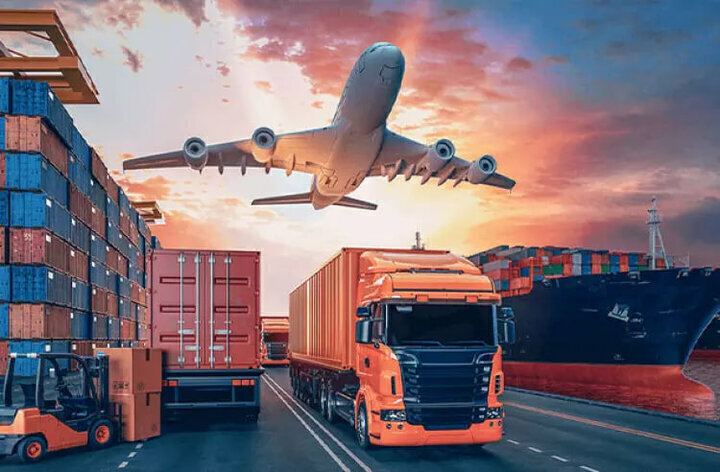
Iran’s Exports to Eurasian Markets Surge 22% in Just 10 Months, Reports Official
At the Iran Eurasian Expo in Tehran, significant growth in Iranian exports to the Eurasian Economic Union (EAEU) was announced. From March 2024 to January 2025, over 4 million tons of goods valued at over $1 billion were exported, reflecting a 27% increase in weight and 22% in value for non-oil commodities. Notably, Russia imported over 2 million tons from Iran, with 49.2% growth in weight and 54.5% in value. The expo showcased Iranian products, emphasizing the strengthening economic ties with EAEU countries and indicating a promising future for trade expansion and cooperation.
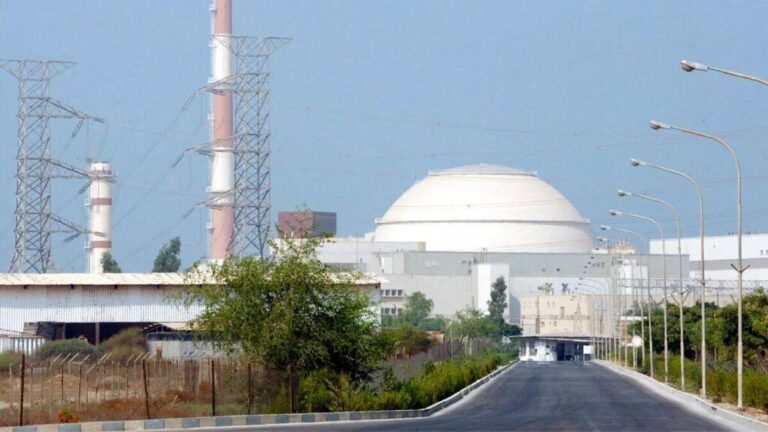
Rosatom Engages in Talks with Iran for New Nuclear Power Plant Development
Russian officials reaffirmed their commitment to collaborating with Iran on nuclear projects, with Rosatom’s head, Likhachev, highlighting ongoing negotiations for new energy sites. This partnership aims to enhance Iran’s energy production capabilities, focusing on both traditional and small-scale nuclear generation to meet diverse energy needs. Project timelines will depend on directives from Iran’s government. The collaboration could bolster Iran’s energy independence and economic growth while integrating it into the global nuclear community. As global energy demands rise, this partnership exemplifies a trend toward sustainable nuclear energy solutions, with potential implications for regional energy dynamics and future international collaborations.